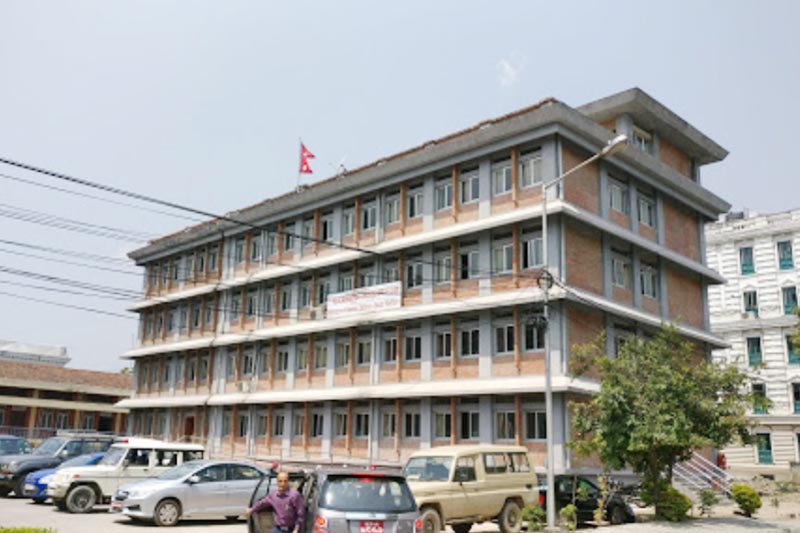Report on ways to address COVID impact submitted
KATHMANDU, NOVEMBER 4
A report on Rapid Gender Assessment, recently released by the Ministry of Women, Children and Senior Citizens, in collaboration with non-government organisations, including UN Women, has made recommendations to the government to address the impact of COVID-19 on vulnerable groups.
Groups most affected by the COVID-19 are daily wagers, farmers, landless women, women working in entertainment sector, women from the Dalit and Madhesi communities, gender and sexual minorities, differently-abled women, adolescent girls, women headed households, displaced women, and those living with HIV/AIDS.
As per short-term recommendations, the report has recommended to address the current shortcomings in all quarantine centres and improve the facilities to ensure safety, security, dignity and specific needs of vulnerable and excluded groups. The authorities have been urged to engage women networks and excluded groups in the high-level committee formed for COVID-19 response mechanism and ensure their participation and representation in coordination mechanisms at all levels.
“It is necessary to provide immediate support to ensure food security of the most vulnerable households through unconditional cash transfer and in-kind assistance by adjusting social security allowances, livelihood and relief support provisions to address the needs of marginalised groups,” read the report.
As per the report, there is also a need to strengthen sex, age, diversity and disability data recording and analysis mechanism for all crisis situations to mainstream gender responsiveness in all humanitarian actions.
“The authorities should ensure access to information for all in community through the use of various information channels and local language, disseminate simple messages to raise awareness about negative impacts of COVID-19 and ensure that women and girls have access to safe and comprehensive sexual and reproductive health services,” it read.
The report has also stressed the need to roll out gender responsive economic stimulus packages, especially for daily wage workers, vulnerable and marginalised groups to prevent them further falling into the trap of destitution trap, which forces them to accept risky jobs.
As per its mid and long-term recommendations, the authorities have been urged to increase access to psychosocial counselling throughout the country for people of all ages; integrate mental health and psychosocial issues in training curriculum and school textbooks in partnership with government and non-government entities; and design future programmes to address long-term social, political and economic impacts of the COVID-19.
“The government should strengthen gender responsive budgeting across health, protection, education, agriculture, service and manufacturing sectors to address economic and social needs of the most marginalised and vulnerable women, especially during humanitarian crisis response and recovery,” read the report.






